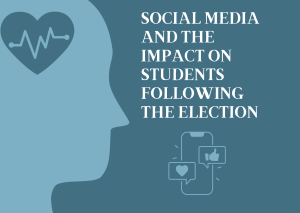Highlights of GS-Armstrong consolidation town hall meeting
January 19, 2017
Georgia Southern University hosted a town hall meeting to discuss the details of the GS-ASU consolidation today.
President Hebert co-hosted the event along with Armstrong’s president, Linda Bleicken. University System of Georgia representatives John Fuchko III and Shelley Nickel were also in attendance to help answer questions regarding the details of the consolidation.
Some of the points brought up by the moderator of the event, Todd Deal, included athletic scholarship information, tuition changes, and faculty and staff cuts that may take place.
Following is a list of answers to these, and other, questions.
· Student athletes of both GS and ASU will have their athletic scholarships honored throughout the process of consolidation.
· Students can expect the existing fees to remain the same.
· Faculty cuts will be at the leadership level, however, all existing tenured faculty and staff will be reevaluated by the new set of standards created by the consolidation.
· While a change in how campus organizations and Greek life operate is not yet certain, both presidents were hopeful about student life success post-consolidation.
· Credit hour transferability will remain as-is.
· Transportation between campuses is a possibility that will be considered, according to Hebert.
After the consolidation, the new institution will be considered a comprehensive university rather than a state university.
“Consolidation is all about serving students in a strategic way,” Hebert said, “This is about student success and we will always keep that at the forefront of what we are doing.”
Discussions of diversity also took place, with both presidents agreeing that cultural differences in faculty, staff, and students should be examined in an attempt to create a university that reflects and accepts cultural diversity among students.
“Although we are only 54 miles apart, there are cultural differences that do exist,” Bleicken said.
Students will register for classes under the comprehensive university starting in the fall semester of 2018.
Nickel said, “We think the impact [of consolidation] for students and the economy is great.”








